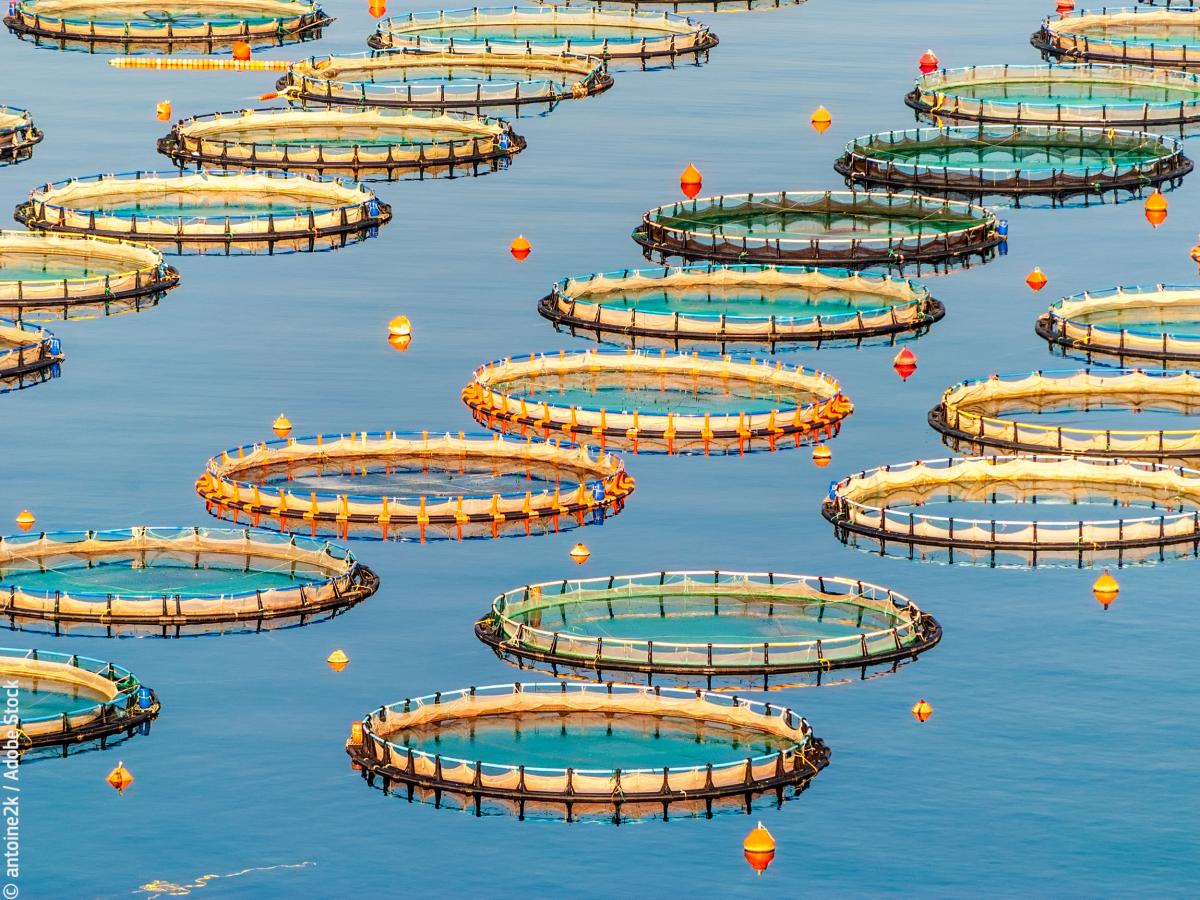Sustainable fisheries have become a critical topic in the modern world as the health of our oceans faces increasing challenges from overfishing, pollution, and climate change. These fisheries focus on balancing the ecological, social, and economic aspects of fishing to ensure that marine resources are available for future generations. By adopting practices that protect marine ecosystems while supporting the livelihoods of millions, sustainable fisheries are essential for maintaining the planet’s environmental and economic well-being. This article explores what sustainable fisheries are and why they hold immense significance in today’s world.
Understanding Sustainable Fisheries
Sustainable fisheries are those that manage fish stocks and marine ecosystems responsibly, ensuring that fishing activities do not deplete resources or harm the environment. The concept involves maintaining fish populations at healthy levels, minimizing the impact on non-target species, and protecting habitats that are crucial for marine life. Key principles of sustainable fisheries include:- Regulated Fishing Practices: Setting catch limits based on scientific assessments to prevent overfishing.
- Minimizing Bycatch: Using fishing gear and methods that reduce the capture of non-target species.
- Habitat Preservation: Avoiding practices like bottom trawling that damage coral reefs and seabeds.
- Adaptability: Adjusting practices to account for changes caused by climate change or other environmental factors.
The Problem of Overfishing
One of the major drivers behind the push for sustainable fisheries is the global crisis of overfishing. Overfishing occurs when fish are harvested faster than they can reproduce, leading to the depletion of fish populations. According to the Food and Agriculture Organization (FAO), over 30% of the world’s fish stocks are overexploited, and an additional 60% are being fished at their maximum sustainable levels. The consequences of overfishing include:- Decline in Key Species: Popular species like tuna and cod face population collapse in many regions.
- Ecosystem Disruption: The removal of predators or prey can throw entire marine ecosystems out of balance.
- Economic Losses: Communities that rely on fishing for their livelihoods suffer when stocks are depleted.
Why Sustainable Fisheries Matter Today
1. Ensuring Food Security
Fish is a primary source of protein for more than three billion people worldwide, especially in developing countries. Unsustainable fishing practices threaten this vital food source, potentially leading to malnutrition and hunger. Sustainable fisheries help maintain a stable and reliable supply of seafood, ensuring that future generations can continue to rely on this essential resource.2. Supporting Livelihoods
Globally, over 120 million people depend on fisheries for their livelihoods, with the majority being small-scale fishers in coastal communities. Sustainable fisheries create economic stability by preventing the collapse of fish stocks and ensuring long-term access to resources. By promoting fair and equitable practices, they also provide opportunities for these communities to thrive.3. Protecting Marine Biodiversity
Healthy oceans depend on diverse ecosystems where every species plays a role in maintaining balance. Unsustainable fishing methods, such as trawling and the use of dynamite, destroy habitats and threaten endangered species. Sustainable fisheries prioritize biodiversity by implementing practices that minimize harm to marine life and habitats.4. Combating Climate Change
Oceans act as a vital buffer against climate change by absorbing carbon dioxide and regulating global temperatures. Overfishing and habitat destruction weaken this capacity by disrupting marine ecosystems. Sustainable fisheries help protect habitats like coral reefs and seagrass beds, which are essential for carbon sequestration and climate resilience.How Sustainable Fisheries Work
Sustainable fisheries rely on a combination of scientific research, policy enforcement, and community involvement to achieve their goals. Here’s how they operate:Scientific Management
Researchers assess fish stocks to determine safe harvesting levels, known as the maximum sustainable yield (MSY). This ensures that fishing activities do not exceed the natural replenishment rates of fish populations. Scientific data also helps fisheries adjust to changing environmental conditions, such as warming waters or shifting species distributions.Regulations and Enforcement
Governments and international bodies set rules to manage fishing activities, such as catch limits, gear restrictions, and closed seasons. Enforcement mechanisms, including patrols and satellite monitoring, ensure compliance with these regulations and prevent illegal, unreported, and unregulated (IUU) fishing.Community Engagement
Sustainable fisheries often involve local communities in decision-making processes. By empowering small-scale fishers and respecting traditional knowledge, these initiatives foster a sense of ownership and responsibility among those who depend on marine resources.The Role of Certification Programs
Certification programs, such as the Marine Stewardship Council (MSC), play a crucial role in promoting sustainable fisheries. These programs evaluate fisheries based on criteria like stock health, ecosystem impact, and management practices. Certified products are labeled for consumers, enabling them to make informed choices about the seafood they purchase. The growing demand for sustainable seafood has encouraged many fisheries to adopt better practices. By choosing certified products, consumers can support fisheries that prioritize environmental and social sustainability.Challenges Facing Sustainable Fisheries
Despite their importance, sustainable fisheries face numerous challenges, including:- Climate Change: Rising sea temperatures, ocean acidification, and changing ecosystems make it harder to manage fish stocks effectively.
- Economic Pressure: The global demand for seafood often leads to resistance against stricter regulations.
- IUU Fishing: Illegal practices undermine efforts to manage fisheries responsibly and deplete resources in unregulated waters.
- Limited Awareness: Many consumers are unaware of the environmental impact of their seafood choices, making education and outreach vital for change.
